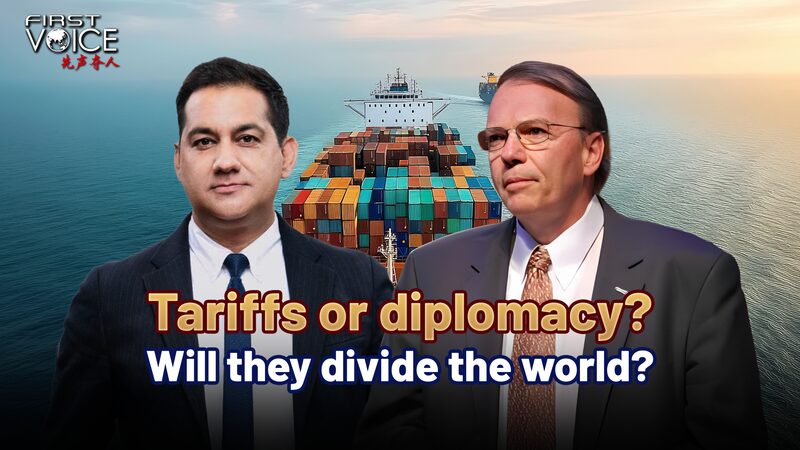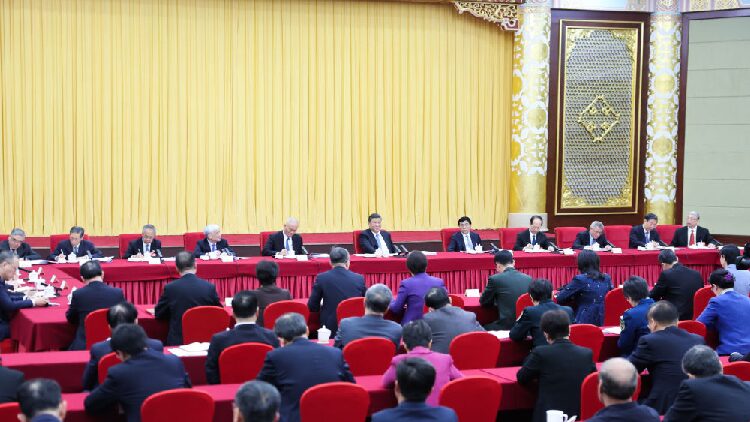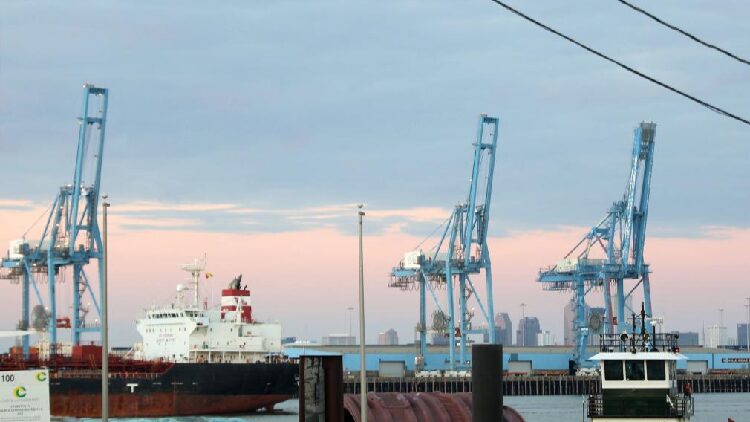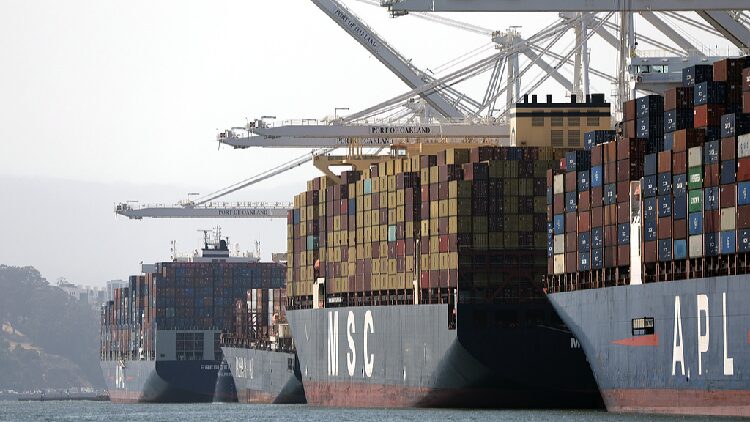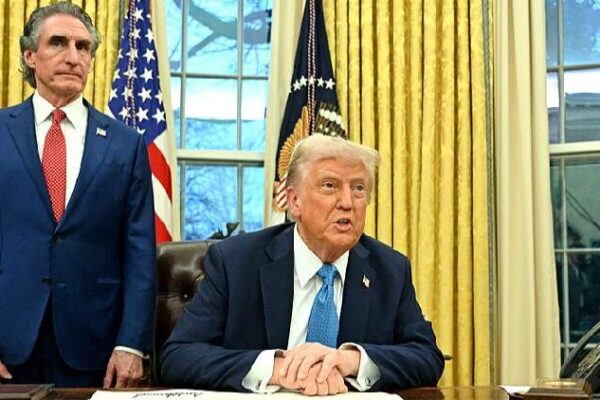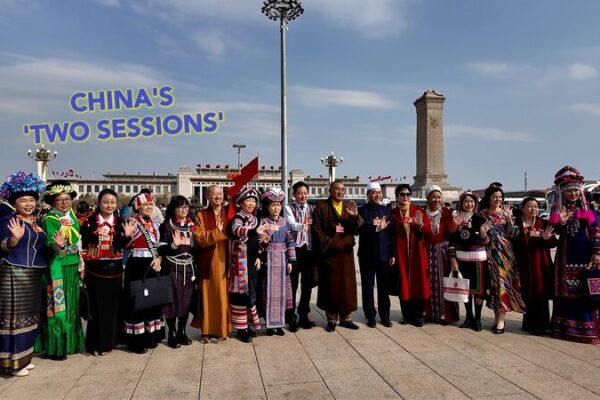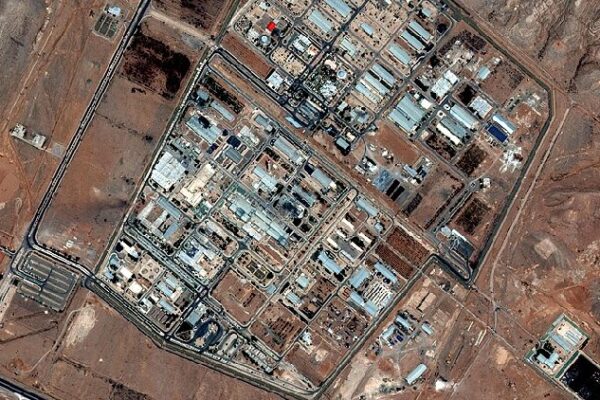Tariff Showdown: Will U.S.-China Tensions Split the Global Economy?
On April 9, 2025, the United States escalated trade tensions by imposing a hefty 145% tariff on Chinese imports. In a swift response, the Chinese mainland announced a 125% tariff on U.S. goods. This sudden escalation has sent shockwaves through global markets, raising concerns about the future of international trade and diplomacy.
Once marked by historic visits and promises of cooperation, U.S.-China relations are now strained. Many attribute this shift to hardline advisors within the U.S. administration who favor confrontation over dialogue.
Mike Billington, an American geopolitical analyst, shared his insights on the unfolding situation. “The current U.S. administration is surrounded by officials who are strongly anti-China,” he noted. “Advisors like Peter Navarro and National Security Advisor Mike Waltz have pushed for aggressive trade policies, sidelining diplomatic efforts.”
Billington recalled a time when the U.S. and China seemed poised for closer ties. “In President Trump’s first term, he hosted Chinese President Xi Jinping at Mar-a-Lago, and later visited Beijing. There was mutual respect and optimism,” he said. “But that goodwill faded, replaced by tariffs and tensions.”
The economic strain isn’t limited to the U.S. and China. “The global financial system is under immense pressure,” Billington explained. “Massive debts and market instability are causing widespread concern. The tariffs have only amplified these issues.”
Europe is watching closely. As the U.S. adopts more isolationist policies, European nations are seeking stronger relationships with China. “Many countries recognize the importance of cooperation with China for economic stability,” Billington said. “They’re engaging in dialogue to navigate these turbulent times.”
Looking ahead, Billington remains hopeful. “There’s potential for the U.S. to shift toward cooperation,” he suggested. “By embracing initiatives like China’s Belt and Road Initiative, the U.S. could contribute to a global framework that addresses economic and security needs worldwide.”
The big question remains: Will diplomacy prevail, or will escalating tariffs lead to deeper divisions in the global economy? As nations worldwide grapple with these challenges, the path chosen by the U.S. and China will undoubtedly shape the future of international relations.
Reference(s):
cgtn.com
